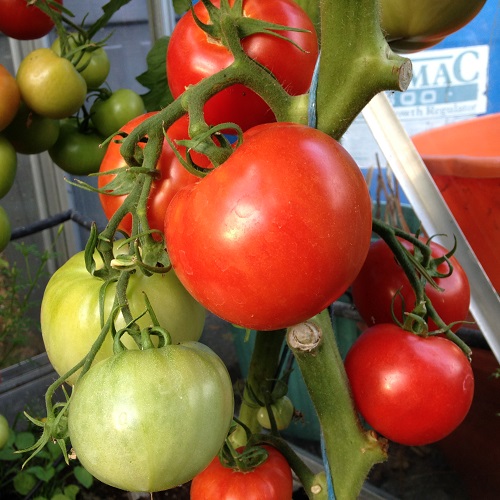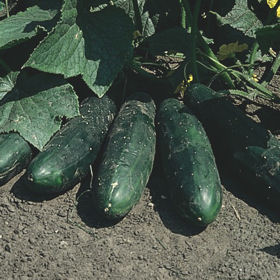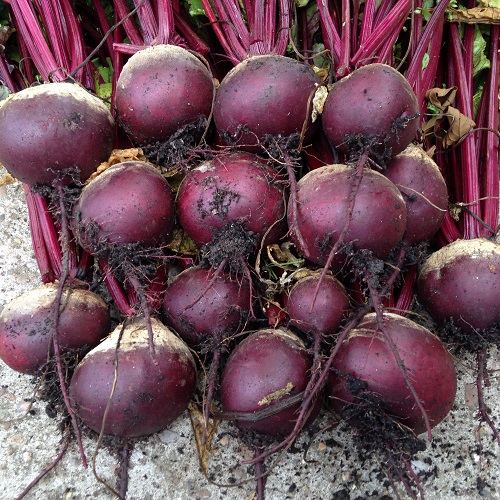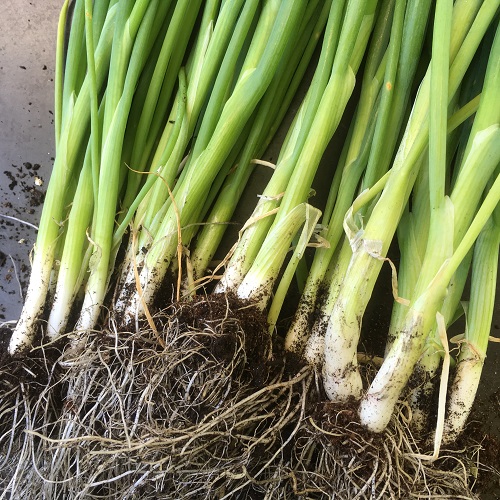Growing strawberry plants in the UK can be a rewarding experience, as our climate is generally suitable for this fruit.
If you're not getting the desired yield from your strawberry plants, there could be several factors at play....
If you’re aiming to grow your peas in pots and other containers, you’ve come to the right place. We’ll give you with the practical know-how you need, from selecting the right pot to harvesting your crop. Discover the essential steps to nurture growing peas from seeds at home.....
As the days begin to lengthen and temperatures slowly rise, gardeners eagerly prepare for the start of the growing season. However, along with the promise of new growth and vibrant blooms, March also brings the emergence of common garden pests eager to feast on tender plants.
Here, we'll explore five garden pests to watch out for in March and provide practical tips for effectively managing them.....
The UK gardener, along with our changeable weather, seems to be in a constant battle against slugs! But if these slimy invaders are wreaking havoc on your precious plants, fear not – nature has a secret weapon: Nemaslug Slug Nematodes. In this blog post, we'll walk you through the basics of nematodes, how they work, and the steps to effectively apply Nemaslug in your home garden.....
Discover the secrets to choosing the right container, perfecting your soil mix, and the basic care steps that lead to a satisfying and flavourful harvest, whether grown on a back garden or a balcony....
Cosmos, with their starry blooms, can turn any garden into a celestial display. To sow cosmos successfully, it’s crucial to begin by planting them at the right depth and time.
This no-nonsense guide on “how to sow cosmos” will show you where and how to start, helping you ensure a stellar show of colour and vitality in your garden.....




